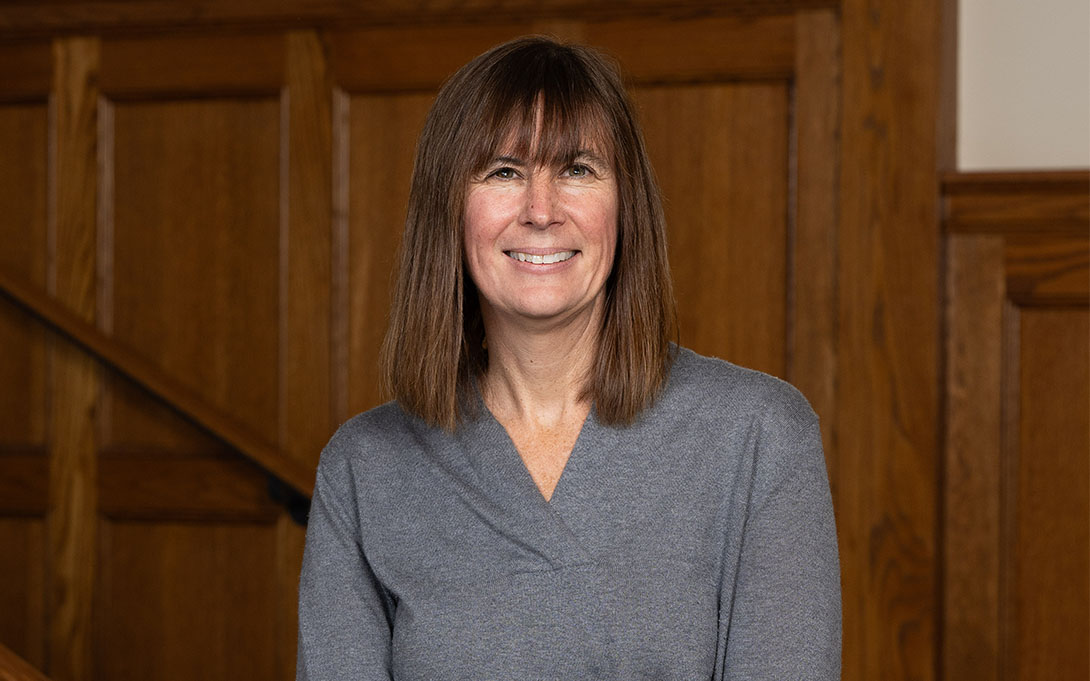
Pam Herd, a professor of social policy at the University of Michigan who studies administrative burdens involved in accessing government services, says barriers to health care access are especially painful.
"It's one thing to be frustrated at the DMV because you have a ton of paperwork to fill out or you have to spend an hour in line," she says. "It's a whole other thing to face those barriers when they are the difference between whether you're going to get life-saving care or not."
Herd's research shows how barriers in the health care system can affect people's actual health — whether it's calling several times to just get an appointment or trying to find an in-network specialist or fighting to get a procedure covered.
"It's not just time," she says. "It's also these sort of other psychological costs that people experience in those encounters: stress, fear, frustration, anxiety."
She says it's the complexity of the whole U.S. health system and its sky-high costs overwhelms people — health insurance is just one part of that. It's something that comes into relief when Americans visit or live in other countries, she adds.
